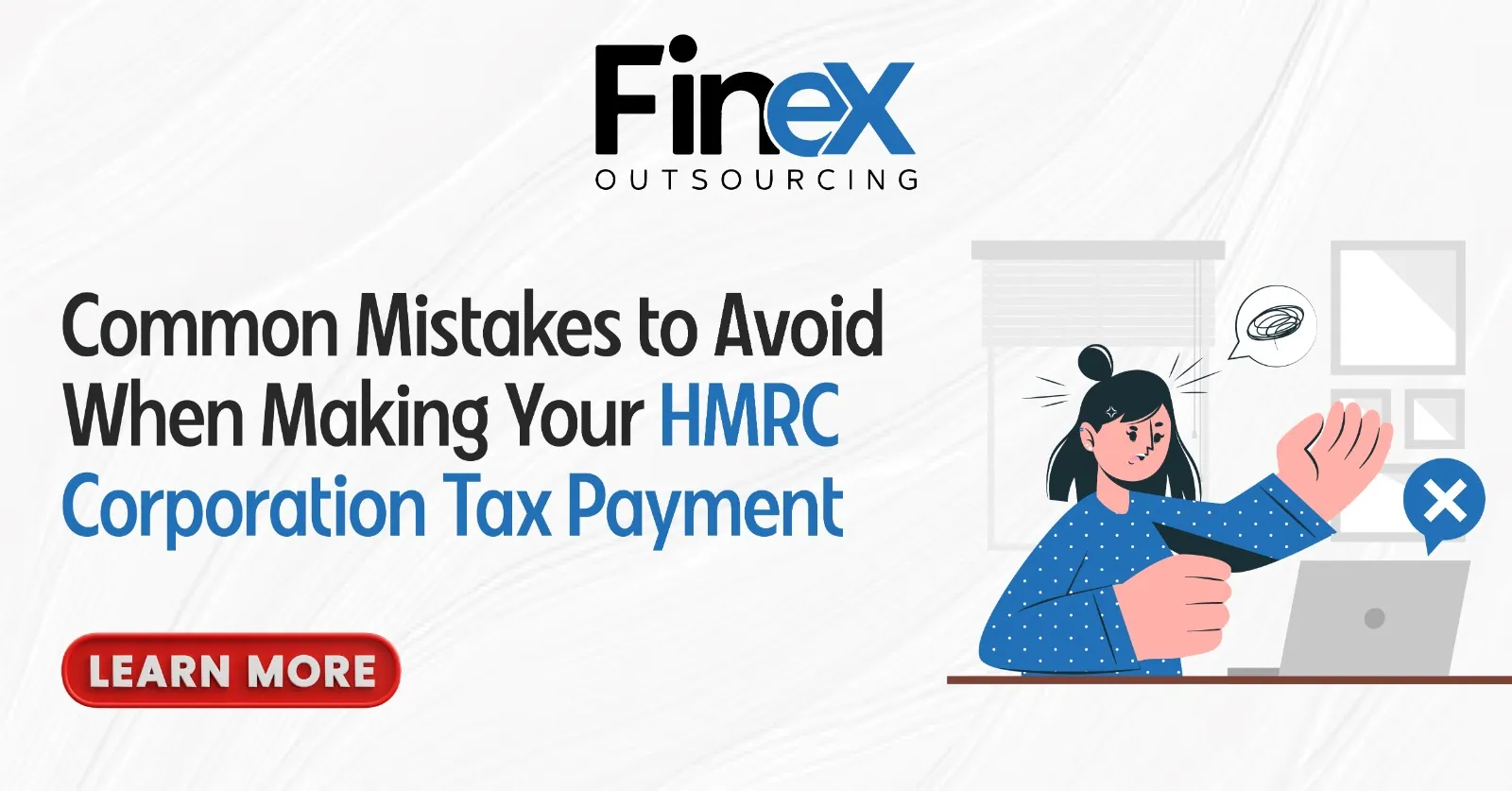All businesses are required to pay HMRC corporation tax payment on all their earnings. It is the directors obligation to make certain that debts are filed and income are said accurately so the proper and full amount of tax may be decided.
It may be a stressful moment, as a director, whilst you realize which you aren’t going in an effort to meet tax time limits, however we are able to assist to ease the weight. Read our guide on what to do if you could’t pay your HMRC Corporation Tax bill.
Who will pay corporation tax?
Directors of limited corporations are answerable for making sure that agency tax is paid. Larger agencies may additionally have an in-house finance team or they outsource these tasks, smaller ones may not. As lengthy because the tax is paid on time with the aid of the enterprise, there should be no troubles.
Only limited companies which are turning a income might be obliged to pay enterprise tax. If you’re working at a loss, you’ll want to notify HMRC of this to be exempt from paying company taxes.
Sole traders do not have to pay HMRC corporation tax. They do however, have to pay earnings tax on their profits.
When do I pay corporation tax?
The date wherein corporation tax is due relies upon on your employer’s tax accounting length – this could be filed along with your commercial enterprise accountant. Corporation tax is due nine months and 1 day after the date your tax accounting period ends.
This tax is payable yearly, in a single installment for corporations with sales under £1.5 million and in four installments for corporations exceeding that determine in income.
Top Errors in HMRC Corporation Tax Payment Process
When it comes to making your HMRC Corporation Tax payment, there are several common mistakes that businesses should avoid to ensure compliance and prevent any financial penalties. Here are some of the top errors to watch out for:
Failing to submit on time:
Missing the deadline for submitting your corporation tax can result in penalties and interest payments, so it is crucial to be aware of the due dates and ensure timely submission.
Incorrect calculation of tax liabilities:
Making mistakes in calculating your tax liabilities can lead to underpayment or overpayment, both of which can have negative impacts on your business finances. It is important to double-check all calculations before submitting.
Not keeping accurate records:
Inaccurate or incomplete financial records can cause issues during tax audits and lead to discrepancies in your tax filings. Keeping detailed and organized records is essential for smooth tax payment processes.
Ignoring communication from HMRC:
Ignoring emails, letters, or notifications from HMRC can result in missed deadlines or important updates regarding your corporation tax payment. It is important to stay informed and respond promptly to any communication from HMRC.
Avoiding Delays in HMRC Corporate Tax Filing
When it comes to filing your corporate tax with HMRC, avoiding delays is crucial to ensure compliance and avoid penalties. Here are some practical tips to help you streamline the process:
- Set reminders for key filing deadlines well in advance to avoid last-minute rush.
- Utilize digital tools and HMRC’s online services for quick and efficient submission.
- Double-check all information provided before submission to prevent errors that may cause delays.
- Consider seeking professional advice to ensure that all requirements are met accurately and on time.

Streamlining Your HMRC Corporation Tax Payment Plan
Creating a detailed schedule for tax payments can help with budgeting. Automating payment processes can reduce the risk of missing deadlines. Reviewing and adjusting the payment plan regularly can accommodate changes in financial circumstances. Utilizing HMRC’s online services can simplify the payment process.
Outsourcing for Efficient Corporate Tax Filing
When it comes to handling your corporation tax filing, outsourcing to a professional tax service can offer numerous benefits. Here are some key reasons why outsourcing can help streamline and enhance your tax compliance process:
Accuracy and Compliance:
Professional tax services have the expertise and knowledge to ensure accurate and compliant filing on your behalf.
Focus on Core Activities:
By outsourcing tax filing, your business can focus on its core activities and strategic objectives without being burdened by tax compliance tasks.
Maximizing Tax Savings:
Experienced tax professionals can help optimize your tax deductions and credits, potentially leading to cost savings for your business.
Access to Specialized Expertise:
Outsourcing provides access to specialized expertise for complex tax situations, ensuring that all aspects of your tax obligations are handled effectively.

Conclusion
Effective HMRC corporation tax payment management is crucial for businesses to avoid penalties, interest payments, and compliance issues. By being proactive, organized, and seeking professional assistance when needed, companies can streamline their tax filing processes and ensure timely payments. It’s important to stay informed about tax regulations, maintain accurate records, and prioritize tax obligations to avoid any pitfalls in the HMRC corporation tax payment process.
FineX Outsourcing can help you manage your HMRC corporation tax payments efficiently. Our team of experts is well-versed in the latest tax regulations and offers tailored solutions to meet your business needs. We provide comprehensive tax management services, including accurate calculations, timely filings, and compliance support, ensuring that your business stays on track with its tax obligations.
Contact us today to learn more about how we can assist you with your HMRC corporation tax payment management:

